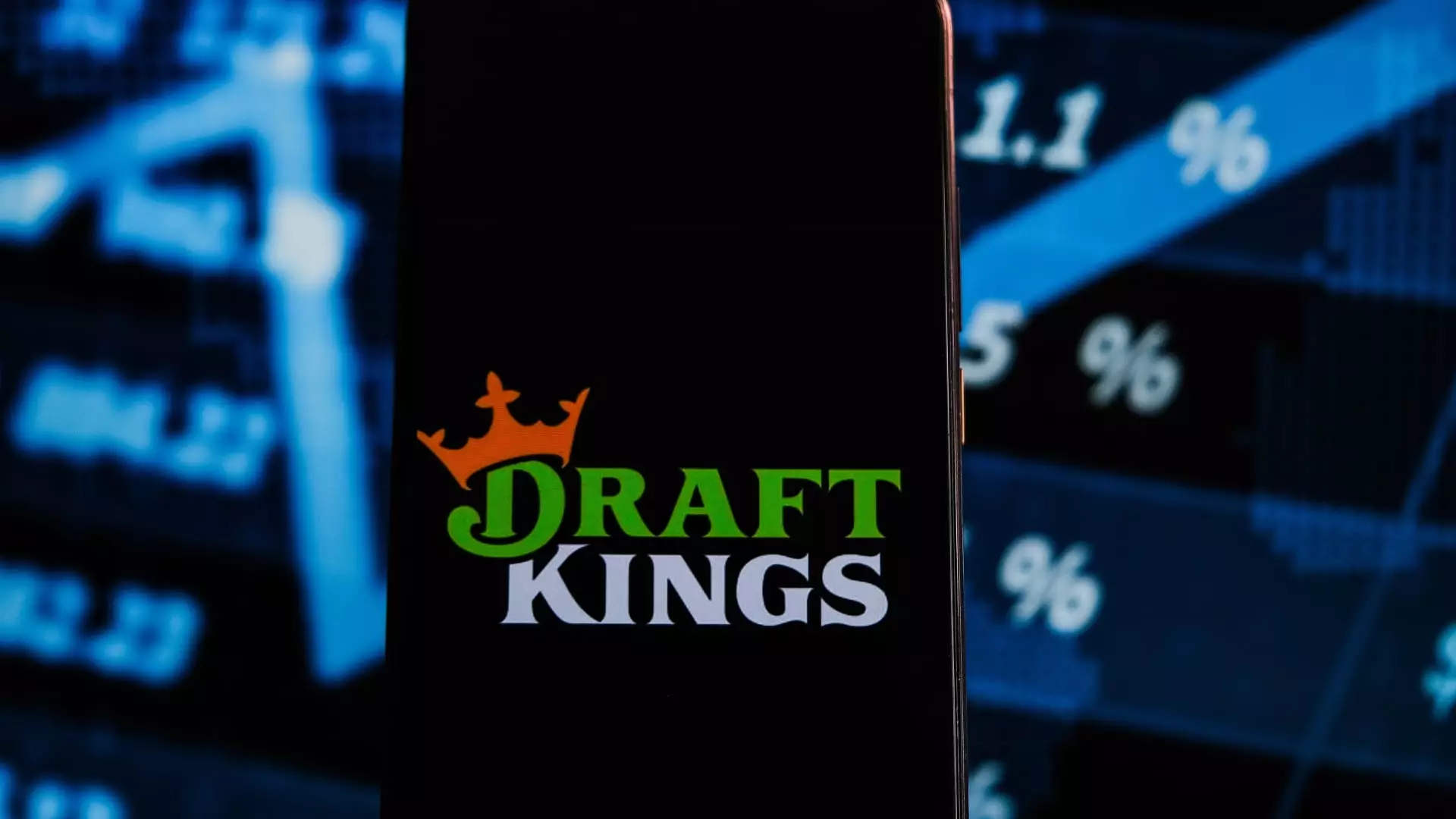The latest developments in online sports betting are nothing short of alarming. With Illinois recently approving a budget that drastically raises taxes on wagers, investors are left grappling with the implications. DraftKings and Flutter Entertainment, two juggernauts in the industry, saw their stock values tumble—a stark warning that may signal an unsettling trend across other states. The truth is that these tax increases aren’t just minor shifts; they represent a significant threat to the profitability and sustainability of the entire online sports betting market.
In the recently passed budget, Illinois imposed a staggering 25 cents tax per wager on the first 20 million online bets—doubling to 50 cents thereafter. This regulatory move has sparked fears that similar measures will be adopted elsewhere, as governments search for new revenue streams to combat budget shortfalls. Illinois has become a pioneer, and it raises an essential question: Will other states follow suit, further burdening an industry that thrives on consumer engagement?
The Short-Sightedness of State Legislatures
It’s evident that the decisions made by state legislatures often lack a forward-thinking vision. Truist analyst Barry Jonas notes that this is the second consecutive year Illinois has caught the sports betting industry off guard with unexpected taxes. These levies may provide a short-term budget fix, but they are not a sustainable solution. Implemented without consideration for industry growth or the long-term economic implications, such policies risk stifling innovation and customer engagement.
The concern extends beyond the big players like DraftKings and FanDuel; smaller competitors could find themselves pinched even harder. With enormous tax burdens looming, these startups may find it increasingly difficult to establish a foothold in an already competitive market. The idyllic landscape of online sports betting may soon resemble a barren wasteland if lawmakers continue down this path of shortsighted policymaking.
The Broader Implications for Investors
The turbulence in the stock market reflects broader investors’ concerns about what these tax increases will mean for future profitability. MGM Resorts, BetMGM’s parent company, and Penn Entertainment have also observed stock declines, underscoring the pervasive anxiety surrounding online sports betting. The startling fact is that, while states like New Hampshire and New York impose a staggering 51% tax, others still maintain relatively low rates, such as Nevada’s 6.75%. This disparity generates the risk that states desperate for cash will aggressively raise taxes, prompting a mass exodus of both consumers and providers to more favorable jurisdictions.
Furthermore, the outlook for the online sports betting industry is fraught with uncertainty. As fewer states join the ranks of those legalizing and regulating online sports betting, market saturation becomes a concern, while regulatory burdens escalate. Instead of fostering a healthy, competitive environment, these considerations create a cocktail of fear for stakeholders and investors alike.
In the ever-morphing landscape of online sports betting, the need for smarter, investor-friendly regulations has never been more critical. While the alluring potential for tax revenue remains high, it shouldn’t come at the cost of crippling an industry on the cusp of remarkable growth. If states are not careful, they risk losing both the market and the economic benefits that come with a thriving online sports betting ecosystem.

